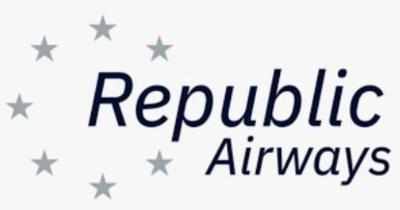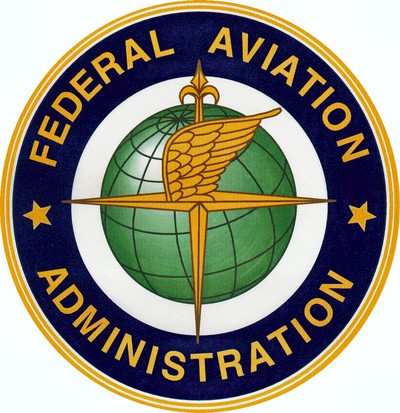In Defense of Dues Paid
The Federal Aviation Administration (FAA) has denied Republic Airways’s request to halve the flight time requirements for graduates of its Leadership In Flight Training (LIFT) Academy—a Part 141 flight-school operated by the Indianapolis-based air-carrier.

Eligibility for Airline Transport Pilot (ATP) certification—the highest level of pilot certification granted by the Federal Aviation Administration (FAA)—is predicated upon myriad factors, including an applicant’s having logged a minimum of 1,500 flight-hours. All part 121, and most Part 135 air-carriers require their pilots to hold ATP certification.
For purpose of expediting pilot hiring, Republic Airways has repeatedly argued in favor of the FAA’s reducing airman flight-hour minimums. Citing military training orthodoxy and flight-time requirements, the air-carrier has prevailed upon the agency to lower the flight-experience requirement of LIFT academy graduates to 750-cockpit hours—the mark at which U.S. military branches consider their pilots sufficiently skilled to be turned loose in taxpayer-owned aircraft. Republic, by inference, purports the flight-training provided by its LIFT Academy is the equal of military training.
The FAA, in a rare and blessed instance of circumspection, rejected Republic’s claims, stating that even if a reduction of the type requested by the air-carrier didn’t constitute a clear hazard to public safety, Republic’s request for such an exemption was an inappropriate means by which to catalyze such sweeping and foundational change to longstanding Federal Aviation Regulation.
In its decision, the FAA asserted: “After full consideration of Republic’s petition for exemption and the public comments, the FAA has determined that the relief requested is not in the public interest and would adversely affect safety.”
Stooping to the basest device of contemporary contention, Republic invoked racism as rationale for its request, spuriously alleging that high academic, temporal, and financial barriers to the piloting profession—essentially, the flight time requirement—were nigh insuperable to minority groups.

By way of retort, the FAA wrote: “The FAA disagrees that the reduction of ATP flight-hours will address (1) a perceived pilot shortage, (2) reduced commercial aviation services to small communities, or (3) recruitment within diverse talent pools”
Republic president and CEO Bryan Bedford remarked: “We’re disappointed, but not surprised, that our petition to the FAA was not met with the review and engagement it deserves. Despite the rhetoric to the contrary, our proposal would enhance safety by providing students a highly structured, mission-specific training approach.” Mr. Bedford continued: “The data proves that our approach works and it would open the door to a rich career in aviation to any students who cannot otherwise afford to participate in this transformational career while helping to address the diminishing air service impacting 90-million Americans in small and mid-sized communities.”
That air travelers overwhelmingly oppose the notion of diminished pilot standards is of little apparent concern to Mr. Bedford, who declined to comment on whether or not Republic Airways—were that the FAA had looked favorably upon its request—would make public the fact its incoming pilots had half the flight-experience of those in the employs of competing airlines.
 Bolen Gives Congress a Rare Thumbs-Up
Bolen Gives Congress a Rare Thumbs-Up The SportPlane Resource Guide RETURNS!!!!
The SportPlane Resource Guide RETURNS!!!! Buying Sprees Continue: Textron eAviation Takes On Amazilia Aerospace
Buying Sprees Continue: Textron eAviation Takes On Amazilia Aerospace Hawker 4000 Bizjets Gain Nav System, Data Link STC
Hawker 4000 Bizjets Gain Nav System, Data Link STC Echodyne Gets BVLOS Waiver for AiRanger Aircraft
Echodyne Gets BVLOS Waiver for AiRanger Aircraft




